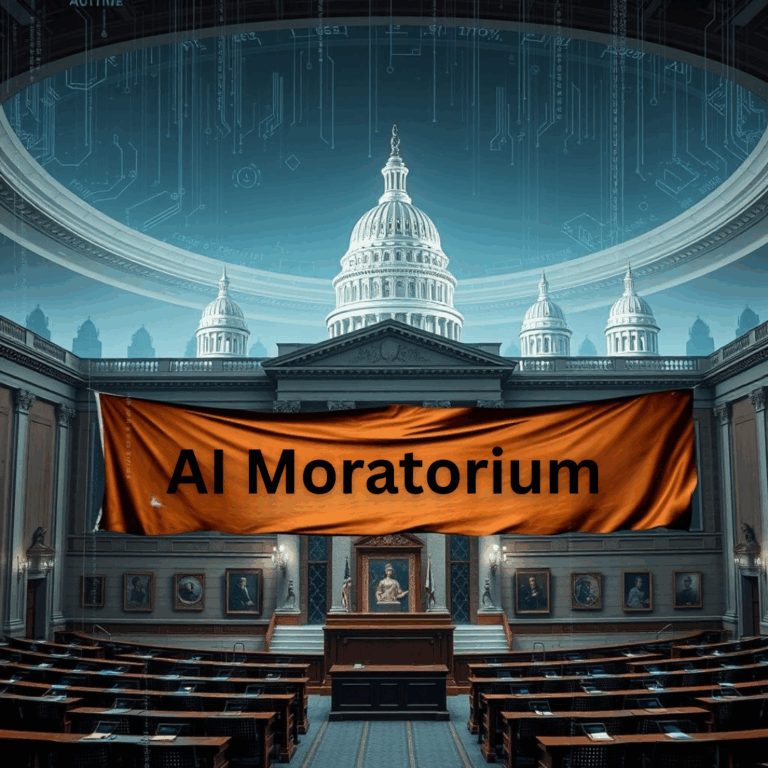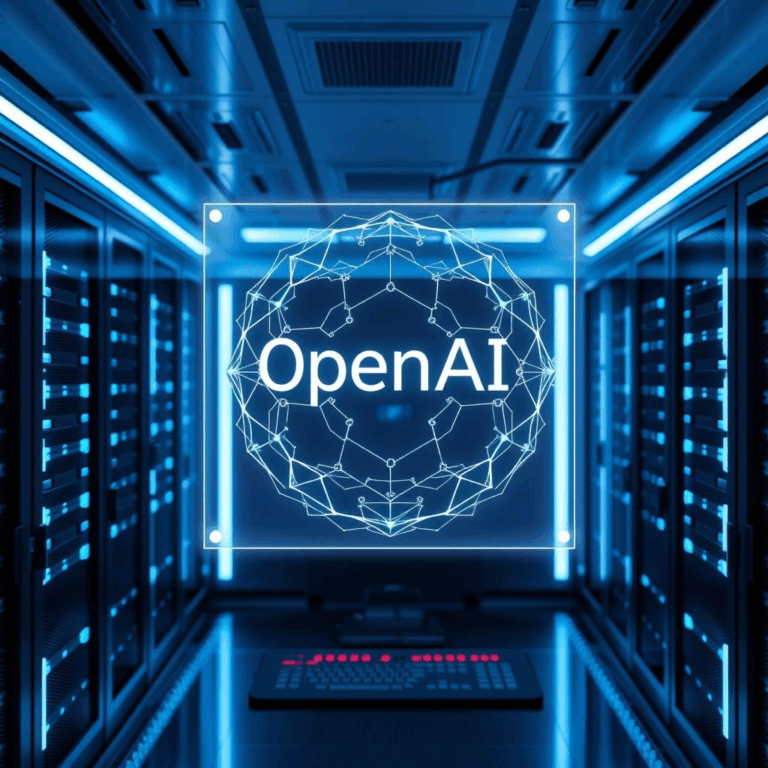₹4.95 Crore Sanctioned for Voice-Enabled, AI-Driven Digital Hub for Labour, Industry, and Mining Services
In a significant leap towards intelligent governance, the Maharashtra government has sanctioned ₹4.95 crore for the development of an AI super portal that aims to digitally transform key public service sectors, particularly labour, industry, and mining. The project, approved on August 3, 2025, will bring AI-driven tools such as voice support, multilingual chatbots, and smart document processing into a centralized public services platform.
This initiative, led by the state’s Labour and Industry Department, is designed to improve user accessibility, reduce bureaucratic bottlenecks, and strengthen transparency across various citizen- and industry-facing workflows.
Why This Portal Matters
Over the past decade, Maharashtra has witnessed a surge in industrial investments and urban workforce expansion. However, its digital infrastructure in public service delivery has lagged behind, especially in rural and backward regions where digital literacy remains limited.
The AI super portal is envisioned as a digital-first, citizen-friendly system designed to:
- Simplify labour registration and compliance, especially for MSMEs and self-employed workers.
- Automate mining permissions and tracking, a historically paperwork-intensive and corruption-prone area.
- Enable voice and chatbot-based assistance for citizens with limited reading or digital navigation skills.
A senior official from the Labour Department stated:
“Our objective is to reduce dependency on physical visits and paperwork. The new AI super portal will be a one-stop destination for all labour, industry, and mining-related services.”
Features of the AI Super Portal
1. Voice-Enabled User Support
Unlike previous e-governance portals, this super portal will support AI voice assistants that can respond to spoken queries in both Marathi and English. This makes it accessible to rural populations, factory workers, and small traders who may not be comfortable with traditional online forms.
2. Multilingual Chatbots
AI chatbots will be available 24/7 to provide real-time answers about document submissions, complaint statuses, policy clarifications, and department contact details. These bots are trained to handle over 1,000 FAQ types related to labour rights, industrial policy, and mining regulations.
3. Automated Document Analysis
Applicants uploading licences, permits, or compliance documents will benefit from smart document scanners that auto-extract data, validate fields, and flag inconsistencies—cutting down manual verification time by 60%.
4. Mining Operations Tracker
A dedicated module will allow real-time digital monitoring of mining activities, ensuring permits are enforced, and environmental compliance is tracked. The AI will also alert authorities to potential red flags in contractor submissions.
5. Business Intelligence Dashboard
Department heads will receive a real-time analytics dashboard highlighting bottlenecks in processing, citizen complaints, and service delivery benchmarks. These insights will help streamline decisions and resource allocation.
Timeline and Implementation
The state government aims to roll out the AI super portal by September 2025, with phased deployment across all districts. A consortium of IT vendors and AI researchers is already being onboarded.
According to the official tender document, the portal must:
- Use Indian-made AI solutions wherever possible,
- Meet ISO standards for data privacy and accessibility,
- Include offline support kiosks in rural areas.
Stakeholder Perspectives
Shri Uday Samant, Maharashtra’s Minister for Industries, remarked:
“This initiative is not just about convenience—it’s about digital inclusion. We’re making sure that a factory worker in rural Yavatmal can access services with just their voice.”
Labour rights activists have also cautiously welcomed the move. Anjali Pawar, a Pune-based unionist, noted:
“If implemented transparently, this AI super portal can empower workers with real-time access to rights, complaints, and benefits. But safeguards against data misuse are essential.”
From the industry side, MSME owners expect faster licence approvals and fewer bureaucratic delays, especially in industrial belts like MIDC Nagpur and Bhiwandi.
Potential Challenges and Risks
While the AI super portal is poised to be a game-changer, several concerns remain:
- Data Security & Privacy: With thousands of personal, financial, and operational documents being processed, strict compliance with data protection norms is essential.
- Tech Illiteracy: While voice and chatbot features aim to bridge this gap, training and support will still be required for many users in the hinterlands.
- Scalability: Handling millions of users across labour, mining, and industry departments simultaneously will demand a robust cloud infrastructure.
The portal is expected to be built on Bharat Cloud, India’s national cloud infrastructure, ensuring data remains within sovereign borders.
Future Roadmap
If successful, Maharashtra’s AI super portal could serve as a blueprint for similar digital transformation efforts across other Indian states. It also aligns with the Government of India’s broader “Digital India” mission and the push toward paperless governance.
State officials also hinted that after evaluating initial performance, additional services—like industrial grievance redressal, labour pension tracking, and environmental audits—could be integrated into the portal.
Moreover, the AI systems used in this portal may eventually sync with national APIs like Aadhaar, PAN, GSTN, and Udyam to offer seamless end-to-end transactions for workers and businesses alike.
Final Thoughts
The approval of the ₹4.95 crore AI super portal in Maharashtra marks a critical inflection point in how Indian state governments envision digital public services. By embedding AI into the fabric of labour and industry departments, the government aims to make service delivery not just faster and cheaper—but also smarter and more inclusive.
As India marches toward a tech-powered administrative future, initiatives like this underscore the importance of AI in democratizing access, reducing red tape, and building a responsive state-citizen interface.







